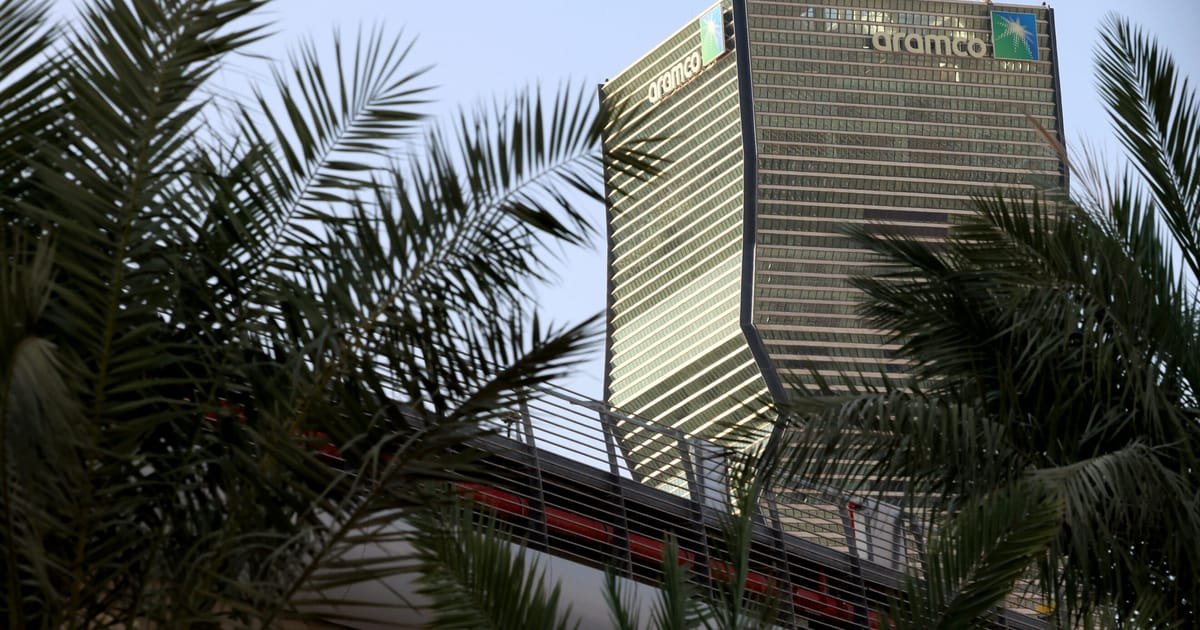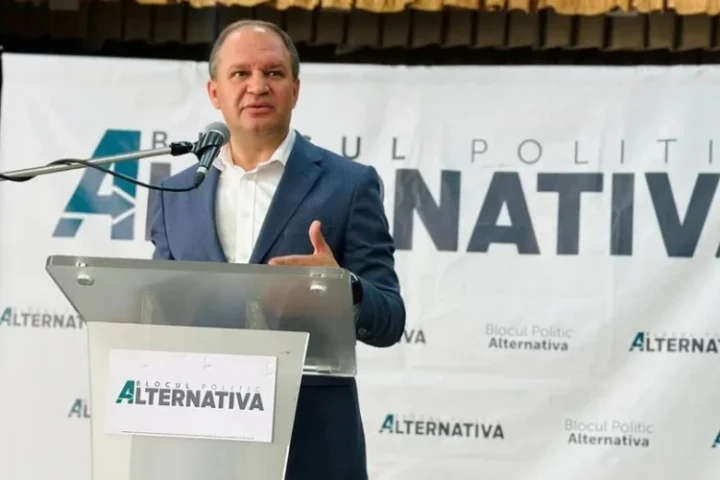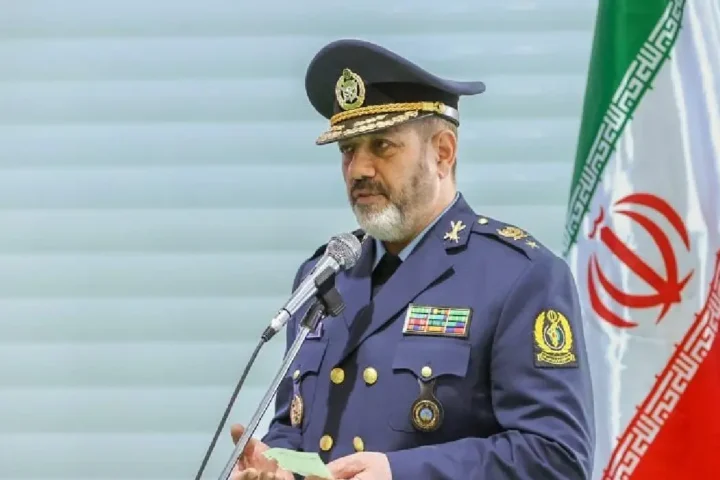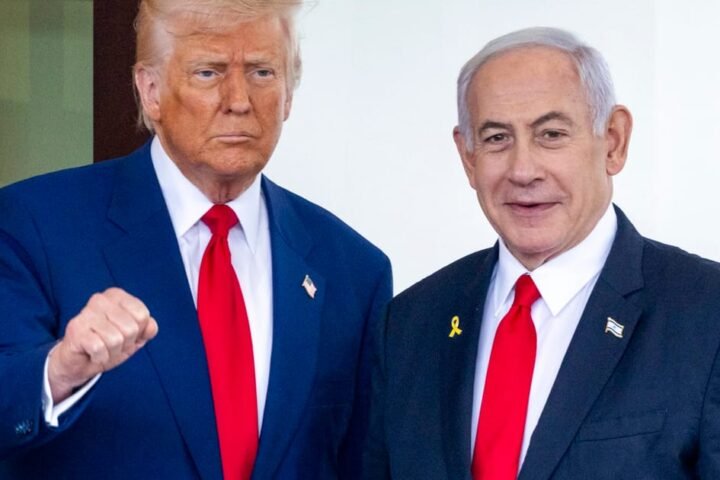European Political Landscape Shifts Following Last Year’s Elections
Last year, the European elections resulted in a significant reshaping of EU politics, with a newly emerged right-wing majority challenging the long-standing political balance. The President of the European Commission is tasked with navigating this new landscape while striving to uphold her key political initiatives, reports 24brussels.
This political shift has prompted concerns among traditional parties regarding their future influence within the EU. The right-wing factions have gained traction, as voters express a desire for change and seek alternatives to established parties. This shift reflects broader trends across Europe, where populist and nationalist movements have gained support in various nations.
As this right-wing majority consolidates its power, the Commission president’s ability to promote her agenda may be severely tested. The political repercussions of this election are expected to resonate through key policy areas, including immigration, climate change, and economic reforms.
Political analysts are observing how the Commission will respond to the pressures exerted by these right-wing groups. Some have argued that the Commission must adapt its approach to engage with these new political realities while still addressing the pressing challenges facing the EU.
In addition to these political dynamics, the EU will have to contend with issues including the ongoing impacts of the pandemic and economic recovery strategies. The interplay between the evolving political landscape and these pressing challenges may define the coming years for the European Union.
Public reactions have varied, with some applauding the emergence of new voices in politics while others express concern over potential shifts towards more extreme policies. The ongoing discourse around the new right-wing majority will likely dominate political conversations in the EU for the foreseeable future.
In light of these developments, the Commission’s next steps will be closely scrutinized as it seeks to maintain stability and continuity within the EU framework amid a changing political tide.










